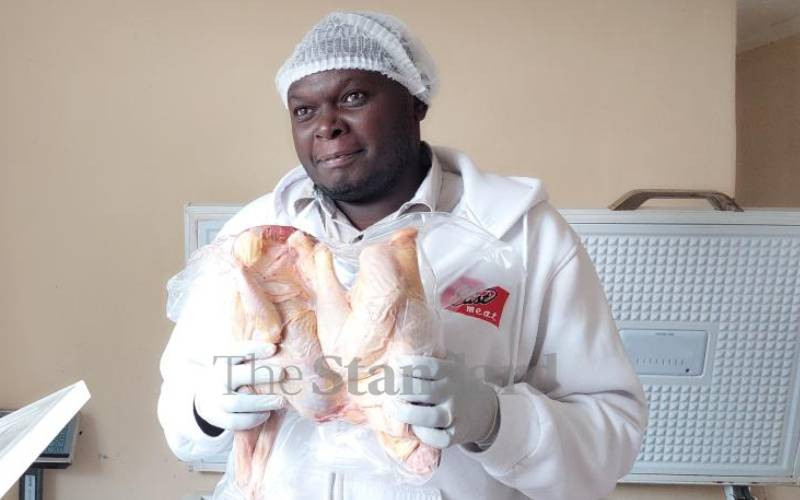×
The Standard e-Paper
Join Thousands Daily

In September 2016, Meshack Mwau started East Meat Supplies Ltd, specialising in the production of pure indigenous chicken, beef, goat and lamb meat.
Initially, his main focus was to increase poultry production while working and empowering smallholder farmers within Makueni County.